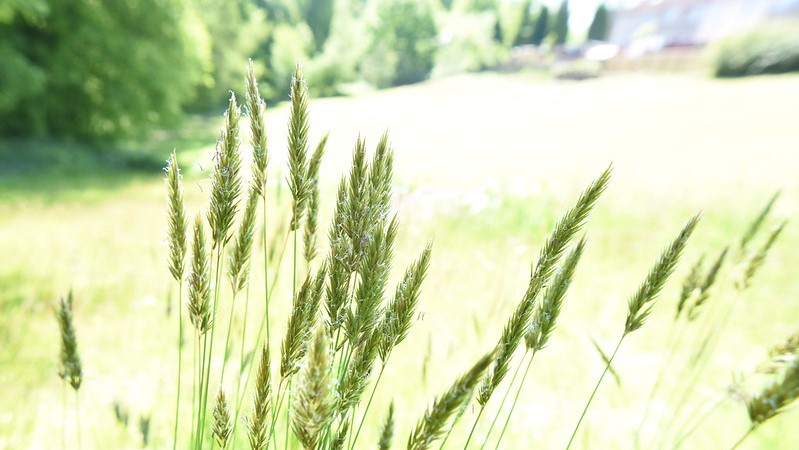
An
update report on the work being undertaken by the Council to tackle climate change was presented to the Executive yesterday (Tuesday, 22 February).
The report detailed:
- Work on the draft Climate Emergency Action Plan that outlines what key actions the Council is taking to tackle climate change.
- Progress toward our net zero targets that will involve large-scale transformation projects.
- What services are doing to incorporate carbon budgeting to ensure they keep inside an allocated ‘budget’ for carbon that will help us meet our emission reduction targets.
- How work is progressing on the Falkirk Council Local Climate Impact Assessment (LCLIP), which looks at the ways climate change may affect future service delivery in communities.
- The additional work that still needs to be done to ensure the Council meets its net zero target by 2030.
Councillor Paul Garner, spokesperson for the Environment said:
“We need to accelerate change with our practices within Falkirk Council to meet our ambitious targets for 2030 where we aim to meet our own net-zero carbon target. This includes a reduction in the reliance on fossil fuels and making significant changes in how we think about how use energy and what the future could bring in terms of climate change."
Climate Change is a priority project within the Council of the Future change programme. Services must adopt a one Council approach to ensure the organisation can address the climate emergency, adapt to a changing climate, and de-carbonisation where possible.
Tree corridor
One ambition of Falkirk Council’s approach to tackle climate is drastically increase the number of trees planted locally.
The Council will contribute £30k over the next two years - in line with the contributions being made by Stirling and Clackmannanshire Councils - to establish a Forth Climate Forest project.
The 10-year project would look to undertake large-scale tree planting to bring about wellbeing, climate and ecological benefits and establish an ecological corridor across Forth Valley that would eventually lead to the Stirling side of Loch Lomond and Trossachs National Park.
The funding provided by the three Councils will help secure a project manager to drive forward and deliver the project and also pay for feasibility and implementation of land managed to plant a significant number of trees.
Mariclaire Morgan, Climate Change Co-ordinator explained:
“The hope is to see a narrow stretch of land that can run across the whole of the Forth Valley and beyond that encourages greater biodiversity, recreational opportunities and above all, help with the climate emergency.”
A similar project is already taking place in the west of Scotland – the Clyde Climate Forest.
Outcomes of the meeting
The Executive agreed:
- the Climate Emergency Action Plan 2022-2030
- to participate in the Forth Valley Climate Forest project
- to establish an Energy Management Monitoring Group
- to set energy management targets for each premise for Year One (2022) as:- 5% for both electricity and gas
- that financial savings achieved through energy management work would be reinvested in energy efficiency measures
Members also recognised the importance of energy management in tackling the climate emergency and requested that the:
- Director of Place Services present a report to the next meeting setting out details of the Group’s Terms of Reference and proposals for categories of Membership – which should be wide and include frontline staff
- Group presented an action plan to a future meeting for information which would then be followed by quarterly and an annual update in the Information Bulletin
- Corporate Plan was updated to reflect that energy management was an important part of the Council’s approach to tackling climate change
And noted the:
- ongoing work across the Council linked to Carbon Budgeting
- work outlined in the Climate Change Project Register
- new Falkirk Council Local Climate Impact Assessment